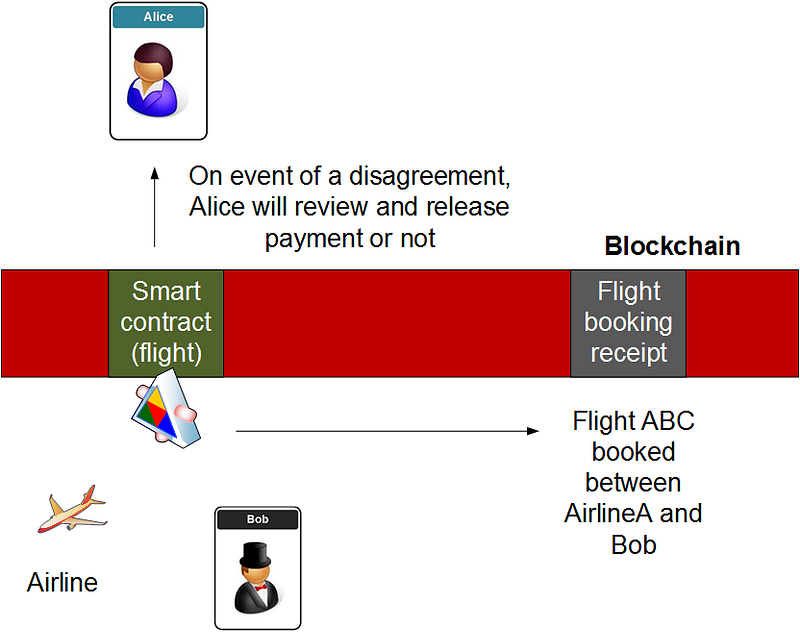In A Blockchain World, BA Wouldn’t Have Been Able To Just Cancel Tickets

In A Blockchain World, BA Wouldn’t Have Been Able To Just Cancel Tickets
I am gobsmacked! Over 2,000 people booked tickets from British Airways, and were then told that the tickets were too cheap, and each of them were cancelled.
At a recent Blockchain meet-up I give the example of an online bet, where Huddersfield were winning 2–0 at Crystal Palace with 20 minutes to go, and the odds were 100–1 for Huddersfield to win. A punter then put £100 on the bet at 100–1. Huddersfield went on to win 3–0, and the person thought they were to win £1100, but the bookmaker said it was a mistake and refused to pay up:

Personally, I think in both these cases, that a contract had been created between the buyer and the seller, and that any “get-out” clauses should have been well-defined and codified.
The farce of the BA ticket scandal included a ticket for £1 plus airport taxes, and which should have been around £195. Another flight to Tel Aviv was sold for £195 but should have been over £1,000. Many of the tickets, though, were reasonably priced, but all of them were cancelled, with no refunds for the cancelled bookings.
To me, the ticket sales should have been honoured, as the bookings were made in good faith, and the mistake was due to an error on BA’s side. The law seems define that customers who can spot that something is just “too cheap” know that it is a mistake, and that it is likely to be cancelled. In this case customers received discounts on other flights, but these came with significant restrictions.
In a blockchain world, a smart contract would define the binding contract between the buyer and the seller, and this will be enacted without the automatically cancelling of it by either side. Payments and penalties would be defined within the smart contract. If there are “get-outs” these would be applied into the contract and codified, such as having a trusted arbiter on the cancelation of the contract.
In the following the smart contract binds the contact between the Airline and Bob, and where Alice is entrusted to enact a refund on reviewing the details of a disagreement. Both Bob and the Airline trust Alice to do this in a fair way, and the time limits would be carefully defined, so that each side knew their rights:

The information world we have created is not citizen focused, and it is about time that we represented citizen rights in a digital form — using cryptography signing and smart contracts — rather than relying on our cumbersome legal system, and which often favours those who can afford the best lawyers (and which is still focused on forms and wet signatures).